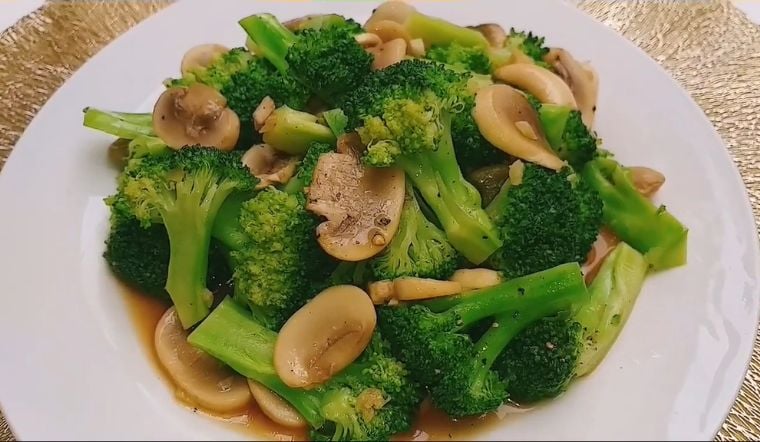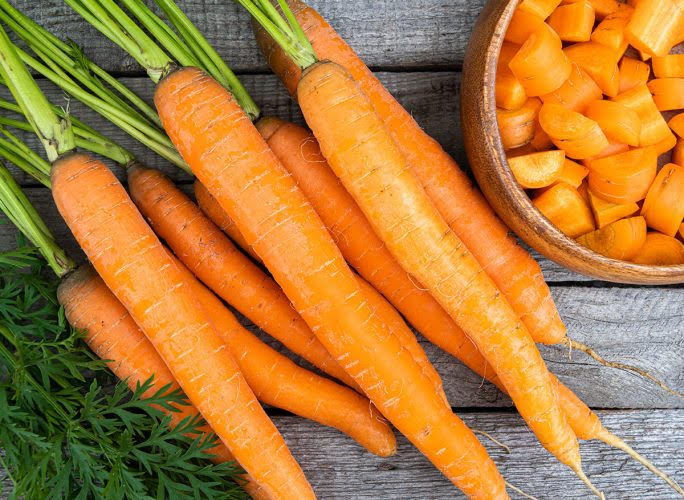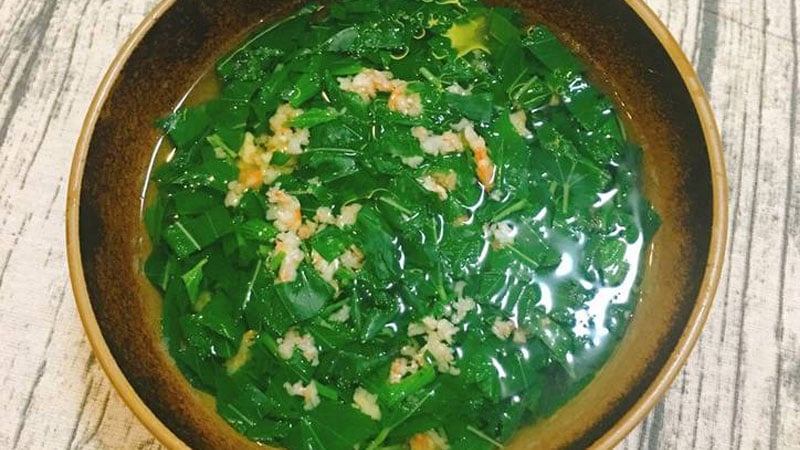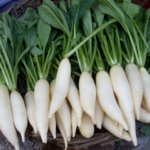Cauliflower

Cauliflower is a protein-rich vegetable that provides essential amino acids, which your child’s body cannot produce on its own. It also contains folic acid, which plays a crucial role in DNA synthesis, cell growth, and overall development. The nutrients in cauliflower offer numerous benefits for your child’s health and well-being.
When preparing meals for your little one, opt for green cauliflower as it offers a more comprehensive range of nutrients compared to its white counterpart. However, avoid choosing green cauliflower with yellow flowers, as the nutrients may have degraded, leading to reduced quality and potential toxicity.
Cabbage
Cabbage is an excellent source of beneficial fats for brain health, including omega 3, which supports your child’s cognitive development. It also contains vitamins A and C, as well as iron. You can include cabbage in your child’s diet by lightly boiling it and serving it 1-2 times a week.
Carrots

Carrots are renowned for their high vitamin A content, making them an excellent choice for promoting eye health. By incorporating more carrots into your child’s diet, you can help address conditions such as night blindness, malnutrition, and rickets. Carrots are versatile and can be prepared in a variety of ways, including soups, curries, porridge with meat and potatoes, stir-fries, or even carrot smoothies.
Pumpkin
Pumpkin is an excellent source of zinc, which is essential for protein formation and the production of nucleotides—crucial components for your child’s overall development and immune system strengthening. You can prepare pumpkin by mashing it, adding it to your child’s cereal, or cooking it with chicken in a porridge.
Mallow

Mallow is a calcium-rich vegetable, containing approximately 182mg of calcium per 100g. This plant-based calcium plays a vital role in forming your child’s skeletal structure. Additionally, mallow is a good source of fiber and has a mucilaginous property, which helps retain water in the stool, softening it and providing effective relief from constipation.
The Secret to Keeping Coriander Fresh All Year Round
Introducing the ultimate guide to keeping your coriander fresh and vibrant for up to a year! Say goodbye to wilted, rotten herbs and hello to a vibrant, flavorful addition to your meals. With the tips and tricks from our seasoned chefs, you’ll never have to worry about wasting coriander again. Learn the secrets to prolonging the lifespan of this delicate herb and elevate your culinary creations to new heights.



































